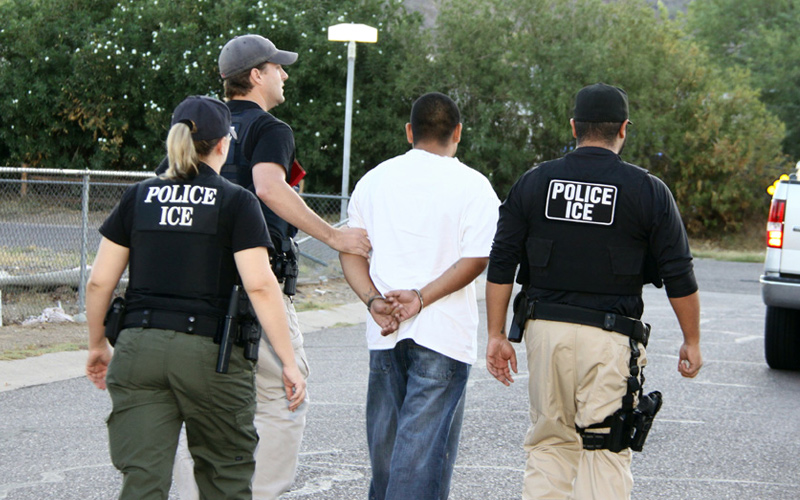Juan Rodriguez (name changed for privacy) entered the U.S. in 2013 from Guatemala. He applied for protection though Political Asylum. After more than 3 years of fighting in Immigration Court, the Judge denied his application and ordered him deported to Guatemala. But as life would have it, by the end of his case he was engaged and soon married an American citizen. Shortly after he became the father of twin boys,
Believing that since he married a U.S. citizen, he went to a lawyer and discovered, to his dismay, that since he entered illegally and was actually ordered deported , he cannot be granted legal residency in the U.S. unless he leaves and remains out of the country for 10 years. A nightmare of a thought. At that time there was no solution for this family.
Everything changed in 2016, when President Obama expanded the 601A waiver law.
Now undocumented immigratns in removal(deportation) proceedings are allowed to participate in this new provisional unlawful presence waiver process if their removal proceedings are administratively closed and have not been re-calendared at the time of filing the Form I-601A. Aliens whose removal proceedings are terminated or dismissed are covered in the general population of aliens who are eligible to apply for a provisional unlawful presence waiver. Note that if you failed to appear and received an in absentia order of removal, then you will need to make a motion to reopen your case, before you can apply for the 601A waiver.
However, undocumented immigrants, who have already been ordered deported or removed. May also qualify. However in these cases the immigrant needs to apply for 2 different waivers, one for being ordered deported (I-212) and the other for having remained in the U.S. illegally. (I-601A)
Under the final expansion of the I-601A Waiver executive order, those subject to final orders of removal, deportation, or exclusion may now apply for the provisional waiver (601A) , provided, of course, that certain eligibility requirements are met..
What is a I-212 Waiver?
The I-212 is the application that requests permission to reapply for admission into the US after Deportation or Removal. If the person is in the U,S, he is applying for a conditional approval of the application. The person still must the depart the US in order for the approved I-212 to take effect. This waiver is specifically used to permit a person to return to the U.S. after a deportation or removal.
Understand that when you are deported the following punishment applies :
- 10 years from the date of departure or removal, if only removed once
- 20 years from the date of departure or removal, if removed two or more times
- Forever, if convicted of an aggravated felony.
So, once a person departs the US, the deportation or removal order goes into effect. If a person leaves the U.S. without an approved I-212 waiver, he or she will not be allowed to return to the U.S. for the specified time.
How does the I-601A waiver interact with the 212 waiver?
After the I-212 waiver is approved, the individual still needs to get an I-601A waiver approved to avoid the 10 year punishment for his overstay.
Once the immigrant can establish extreme hardship to a USC/LPR spouse or parent, an approved I-601A waiver would remove the 3 or 10-year unlawful presence bar. This conditional approval removes a major part of the pressure in returning to the home country for the immigration interview.
Simply stated, the I-212 speak to the removal (deportation) order and the I-601A speaks to the unlawful presence bar. These two waivers remove major impediments that would normally prevent a person from immigrating for at least 10 years.
It is important to remember that even if you were ordered deported and never left you have a way to resolve the problem.
In Absentia Deportation/ Removal Orders
If the person failed to show up at an immigration court hearing, then there is another significant problem. Under the current law, anyone who fails to appear for any court date is deported in absentia. What this means is that , the person must remain outside the U..S. for a period of 5 years BEFORE he can make use of the 601A waiver. This problem requires additional legal work.
FOR MORE INFORMATION GO TO: 601WaiverLawyers.com
`








